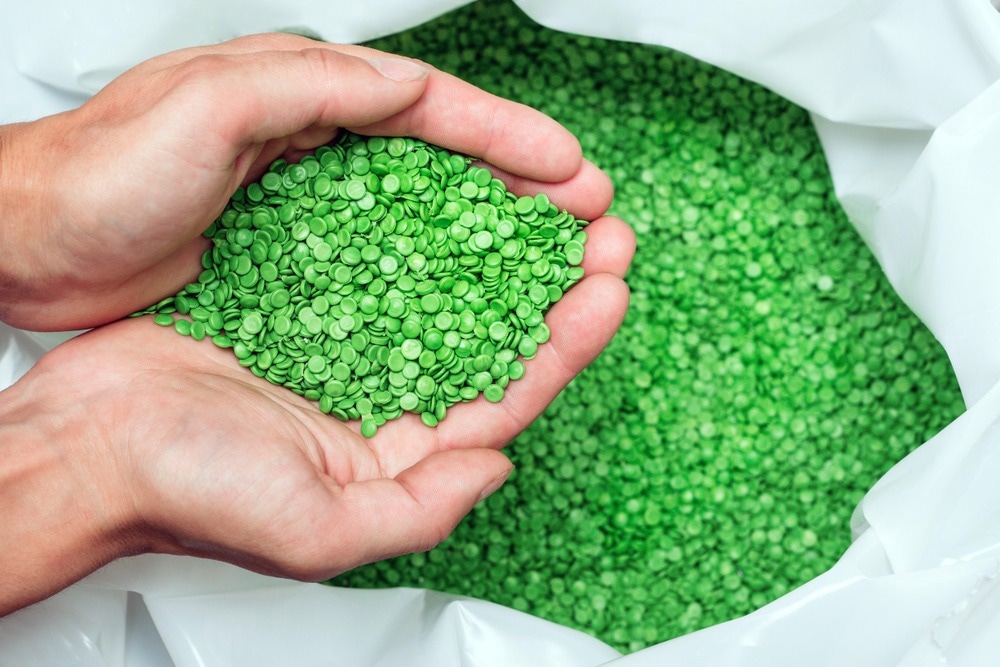There are many similarities between producing plastic and preparing a wonderful risotto. In both cases, ingredients are combined and heated to produce a finished product, but existing methods for making bioplastics frequently produce weak materials.

Image Credit: Arsenii Palivoda/Shutterstock.com
As a result, researchers have discovered a technique to “season” biodegradable polymers to increase their strength, taking a cue from chefs. All it takes is only a “pinch” of cream of tartar (tartaric acid) or citric acid. The findings were published in ACS Sustainable Chemistry & Engineering.
Some companies are switching to biodegradable polymers that ultimately break down to help minimize the quantity of plastic waste. However, it frequently happens that the weaker these materials are, the more quickly they crumble, breaking apart with the least pressure.
To boost strength and toughness, one approach would be to sprinkle on chemicals, much like salt and pepper are used in cooking.
However, they can slow down deterioration and are unattractive to customers who want items created from natural, organically derived substances. Some studies have employed petroleum-based additives.
Therefore, Jeyoung Park, Dongyeop Oh, Hyeonyeol Jeon, Jun Mo Koo, and colleagues sought to determine if “seasoning” poly (butylene succinate) (PBS) with tartaric acid or citric acid obtained from fruits could enhance the plastic’s mechanical qualities.
The researchers heated succinic acid, 1,4-butanediol, and trace quantities of tartaric or citric acid to produce seasoned PBS. They dried the products after adding titanium (IV) butoxide. In testing, the two new films stretched more than twice as far before breaking and allowed less oxygen to get through than pure PBS.
According to the researchers, these findings show that, in contrast to the original material, the new material might be utilized to make bags or food packaging.
The two seasoned materials were also more durable than a lot of typical biodegradable polymers and several petroleum-based products. Although this might be beneficial for food packaging applications in humid areas, one possible drawback is that the new additive-containing polymers, compared to pure PBS took a little longer than 14 weeks to degrade in water.
The researchers claim that the new plastics could be produced using existing industrial methods, possibly replacing petroleum-based polymers, because the “seasoning” method is rather straightforward.
The Ministry of Trade, Industry, and Energy’s Technology Development Program and the National Research Foundation of Korea’s Basic Science Research Program have both provided funding to the writers.
Journal Reference:
Kim, H., et al. (2023) Toward Sustaining Bioplastics: Add a Pinch of Seasoning. ACS Sustainable Chemistry & Engineering. doi:10.1021/acssuschemeng.2c06247.